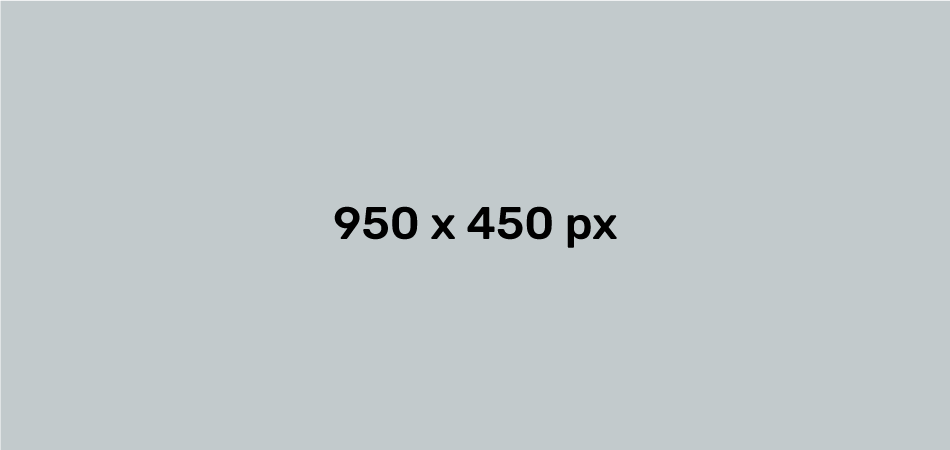Washing baby's clothes may seem like just one of many routine daily activities, but in reality doing it correctly brings enormous benefits both to the little ones and to the environment.
HERE ARE SOME GOLDEN RULES FOR WISER AND MORE ENVIRONMENTALLY FRIENDLY LAUNDRY!
One of the most important starting points for sustainable laundry is the correct use of the washing machine. It is important to learn not to wash the garment more than necessary. Ideally, you should use it a few times before washing, and possibly leave it to air out for a few hours between uses. This will save energy and water, and the fibres of the garment will be less damaged and last longer. It is also advisable to use half-loads when there are only a few garments to wash and to use hot water (above 30°) only when dealing with stains that are really difficult to remove.
The same applies to the tumble dryer: the ideal solution is always to dry clothes in the sun and in the open air. The sun also acts as a natural bleach and disinfectant on garments, especially light-coloured ones.
Two other important factors in preventing the creation of bacteria are related to the way the garments are laid out. To ensure that clothes are perfectly hygienic after washing, they should be hung up immediately so that no moisture or unpleasant odours are created. It is also advisable to remove the washing as soon as it has dried. In the long term, dust and pollutants are deposited on the garments and can cause health problems. It is also important to choose eco-sustainable, biodegradable, ecological and environmentally friendly products and detergents, which are generally recognised by a certification label.
In addition to these detergents, there are also many natural remedies for making natural detergents or disinfecting clothes. One of the products not recommended for ecological laundry is fabric softener. To get soft laundry without using commercial fabric softener, you can make your own at home. To make it, pour 100g of citric acid into a container containing one litre of hot water and always shake before use. For each wash, just pour 50 ml of the solution into the softener tray.
Marseille soap is perfect for removing stains. Simply rub the item to be cleaned with a damp bar of soap. To reinforce the removal of stains, flakes can be added in water or in the washing machine. Marseille soap can also be combined with bicarbonate and salt, to combine the cleaning action with softening and whitening effects. For stubborn stains, rub the dirty fabric directly and leave the natural detergent to act for half an hour before washing. This system also works on annoyingly stubborn "patches" such as oil or grease.
HOW TO REMOVE THE MOST DIFFICULT STAINS FROM BABY CLOTHES?
Baby laundry is probably one of the most delicate (as well as bulky) things to deal with, as bodysuits and onesies are made of delicate, lightweight fibres. Added to this are the pee, vomit and baby food stains that appear on the garments every few months and are often difficult to remove permanently. Regardless of the type of stain, it is very important to act immediately, otherwise it will become even more difficult to remove.
To remove most of the dirt (baby food, fruit, poo, vomit) without spreading the stain, it is necessary to scrape it with something rigid, such as a knife, without rubbing it, otherwise the dirt will penetrate even further into the fabric. Then apply a natural stain remover (such as Marseille soap) and leave it to work for a few minutes, then wash in the washing machine.
